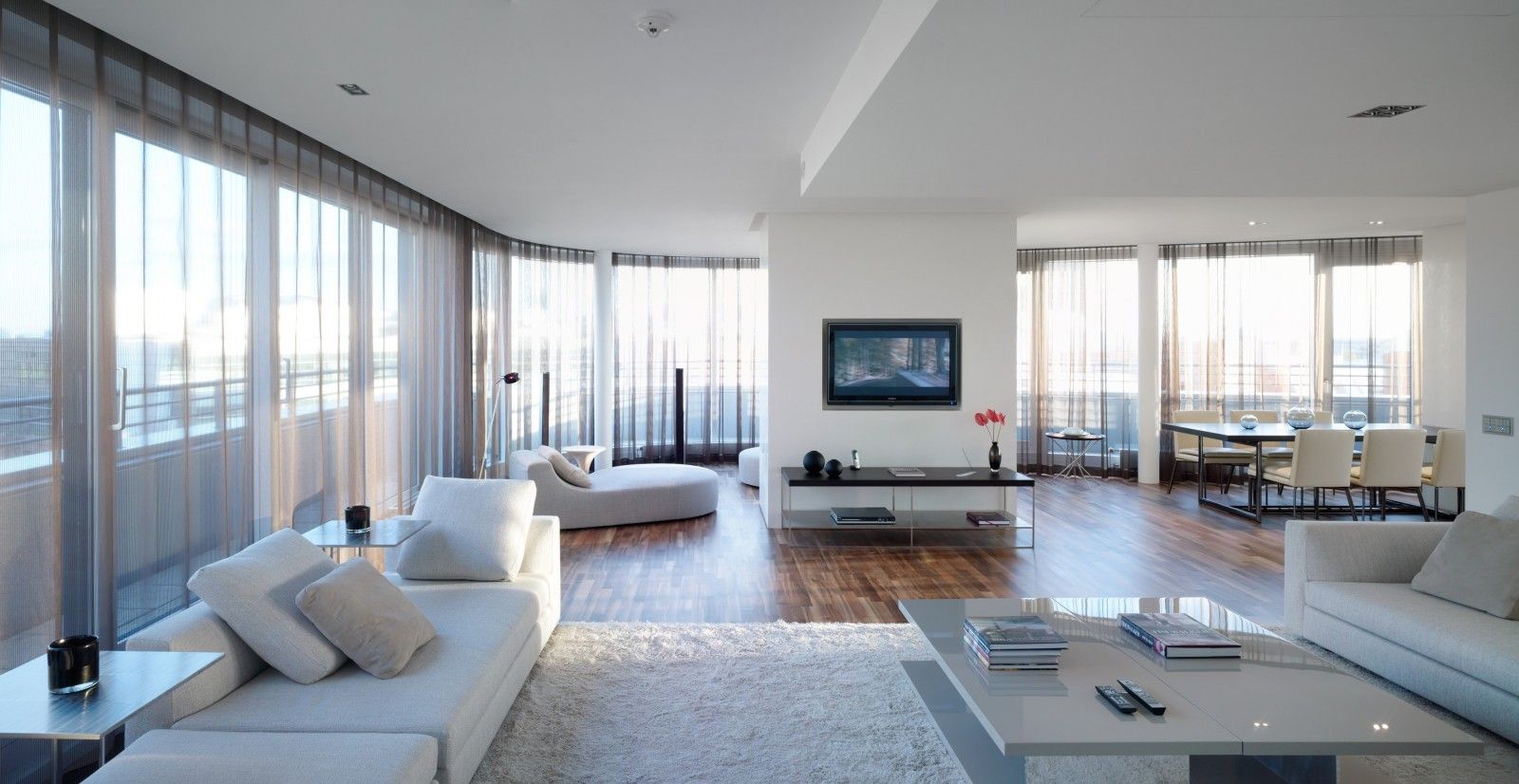1. Involve the Condo Corporation

One of the great things about renovating a condo is that you often do not need to get a building permit but, you may require an electrical permit. However, you do typically have to get approval from your condo board.
The best way to streamline your Toronto condo renovations process and to minimize potential issues down the line is to get your condo corporation involved right from the start.
In order to get permission from the board, you will usually have to submit a proposal. Your best bet for getting the proposal approved is to get in touch with your property manager, who can let you know the whole procedure for getting approval.
2. Deposits/Insurance
Before bringing in any materials or contractors you may be required to get insurance or pay a deposit to the condo. This is to cover potential damage to common elements and shared areas like elevators and hallways.
A deposit has the benefit of being able to get your money back if no damage occurs, whereas insurance has the benefit of reducing your loss if it does. In most cases which of these you require is determined by your condo board. Either option will help to protect you financially and legally.
3. Find out work hours
Many condos place restrictions on the hours and days that you can have work done on your condo. Be sure to find out the work hours early on. Knowing what days and hours are available to have work done will help you get a more accurate quote on how long the renovation will take.
The Toronto Noise Bylaw only allows the use of construction equipment from 7 am to 7 pm Monday to Friday, and 9 am to 7 pm on Saturdays. In condos these hours are often restricted even further from 9am to 5pm Monday to Friday, and no weekend hours. When planning a condo renovation in Toronto, you may need to plan for a longer time period.
4. Book parking and elevators
One of the most common themes you will notice in this list is planning ahead. As we mentioned in the previous steps, the working hours for your renovation are likely to be restricted. With this in mind, it is important to get the most out of those hours.
Booking parking helps to ensure that workers have a convenient place nearby to park their vehicles. Before arranging for parking, contact the contractors to find out if they need extra space for large vehicles or waste bins. This limits the distance they need to transport equipment and materials to and from your worksite. Booking an elevator not only saves time by reducing the wait for an elevator but also prevents issues with neighbours and reduces your clean up time. Both of these bookings allow you to save valuable hours every week, helping to ensure your condo renovation stays on schedule.
5. Materials transport and disposal
Booking elevators and parking will save you plenty of time moving materials and equipment, while following your condo’s material disposal and transport regulations will save you hassle. When planning Toronto condo renovations, you may need to figure out how you will be getting materials and equipment in and out of your space.
It is common for condos to have specific rules about bringing in and removing materials, and it is important to follow their procedure. You may have to bring them in through a specific entrance and or elevator, as well as follow safety and cleanliness protocols.
6. Find out the limitations on what can be renovated
Part of the necessity for providing a proposal to the board for your renovation is to protect you and the other tenants of the building. Buildings may have areas that cannot be renovated because of potential damage to your condo, another condo, or shared space. This protects your safety and your property.
Finding these limitations out in advance will help you to plan your Toronto condo renovations accurately, prevent changes, unnecessary expenses, and keep your project on schedule.
7. Common Elements and Common Areas
Common elements are the parts of your condo that are considered to be condominium property. These parts are not considered to be owned by you, but by the condo corporation. It may include things like your front door, balcony, windows, or supporting walls/columns.
Common areas are areas which are considered to be shared amongst the condo tenants. These include things like the hallways, elevators, and courtyards. You cannot work on these areas without the consent of the affected tenants and approval from the condo property owners.
If you fail to adhere to the common elements and area regulations your condo board may ask you to undo any changes you have made. This is wasteful, time consuming, and costly. The small amount of time it requires to find out the common areas and elements before you plan will be well worth the effort.
8. Plumbing/Electrical
Plumbing options may be limited in a condo. Plumbing systems and drainage are often shared between condos so you may not be able to move sinks toilets or showers exactly where you are planning. In some cases, you may be able to extend the piping to move pieces to the location you desire, but this will have to be cleared by your condo board. As well it is possible that your condo may need to turn off the water for all tenants in order to allow for plumbing portions of your renovation. So you will have to organize this ahead of time, to minimize disruption for your neighbours.
Electrical work falls under many of the same concerns as plumbing. Fortunately, it is less likely that your electrical work will affect your neighbours, but sometimes your electrical options are limited and you may not be able to add or move some outlets.

